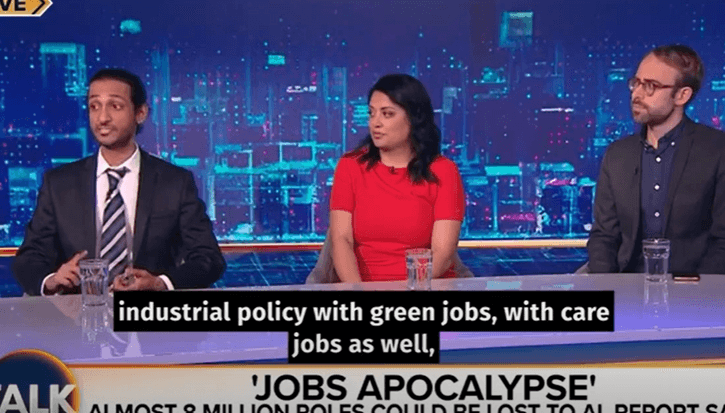Jumping the shark: Building institutions to spread access to affordable credit
Article
Rather than just tightening regulation to protect consumers, we advocate building a systemic alternative to high-cost, short-term loans – a Affordable Credit Trust that will capitalise and develop a diverse range of local not-for-profit institutions that lend small amounts at affordable rates and facilitate saving.
Before the banking crisis, a combination of state redistribution and consumer debt maintained the living standards of many low- and middle-income households. However, in its aftermath – with incomes squeezed, credit tightened and welfare payments reduced – finances have got tough for millions. The needs of a substantial minority of people are not being met by the mainstream credit market. Payday lenders have stepped into the gap, providing short-term unsecured loans that may be flexible, but which also come at a very high cost, with many now facing an expensive 'poverty premium' simply to get by.
This report sets out a strategy for ending this poverty premium by addressing the most pernicious consequences of the recent economic turmoil and empowering individuals and institutions to help each other, and help themselves. A return to rising living standards will reduce households' reliance on debt, but it will not eliminate their need for it. Regulation can reduce the harm done by providers of consumer credit, but it alone cannot ensure that the public interest is properly served in the provision of affordable credit.
We therefore present the argument for a new institutional settlement, one that sustains a form of credit based on rooted, democratic finance that serves the needs of low- and middle-income households. A national institution should be established with the remit of mobilising and capitalising a diverse range of local not-for -profit lenders. This institution should initially be capitalised by a one-off levy on the consumer credit market, to provide compensation for the direct financial harm it has caused. We also set out the steps by which this institutional reform could incentivise saving among low-income families, and restructure the toxic payday loan debt that is stuck on so many household balance sheets.
Related items

Who gets a good deal? Revealing public attitudes to transport in Great Britain
Transport isn’t working. That’s the message from the British public. This is especially true if you’re on a low income, disabled or living in the countryside. The cost of living crisis has exposed the shortcomings of our transport system,…
Bhargav Srinivasa Desikan on TalkTV discussing AI
IPPR's Bhargav Srinivasa Desikan on TalkTV discussing his new report on the impact of generative AI on the UK labour market.
Transformed by AI: How generative artificial intelligence could affect work in the UK – and how to manage it
Technological change is a good thing. It has brought exponential gains to living standards and is the foundation of modern society. Yet unmanaged technological change has always come with risks and disruptions.